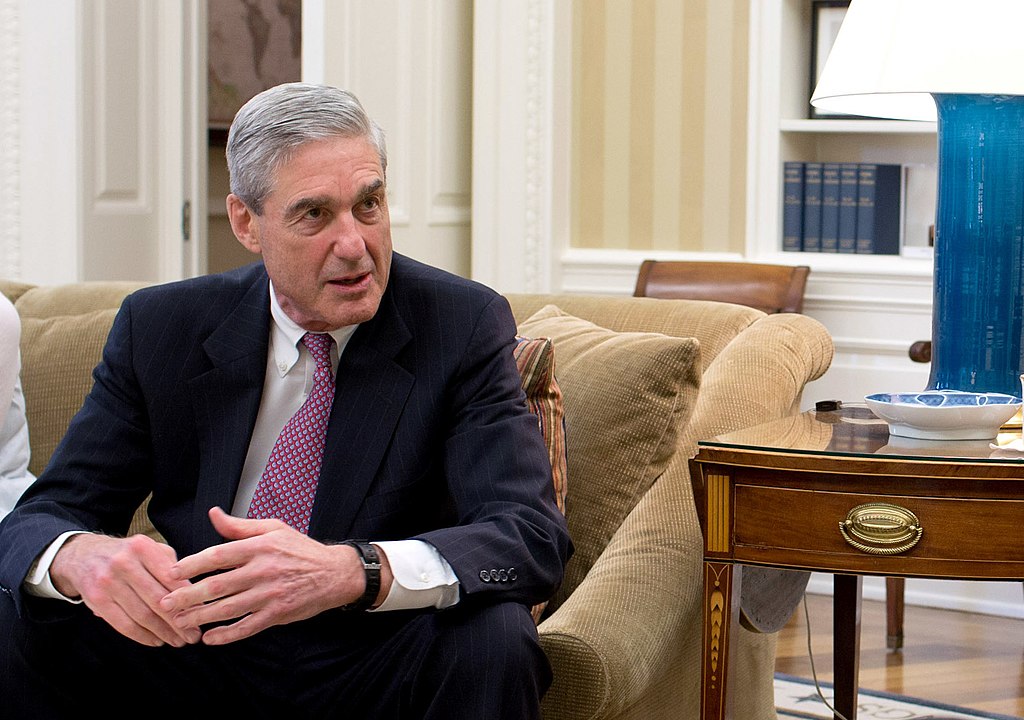I've read some good articles recently. It helped me understand the scale of the Russian operation. It was not insignificant, but small compared to all other sources, especially when considering the budgets of the campaigns themselves. Maybe in the next election someone should just hire a bunch of cheap overseas trolls. Probably already happened, I'd be surprised if no one has thought of it yet.
I've seen examples of the ads they created and honestly it looked like infowars/Alex Jones types stuff. I have a hard time believing it was effective in converting Hillary supporters or many independents.
For me the most interesting thing is how this will play out in the future. How do we react ? Do we start a war with Russia ? Do we implement restrictions on free speech ? Do campaigns start hiring cheap overseas troll farms ? I have a feeling the repurcussions from the Russian involvement may be much worse than the involvement itself. That is under the assumption that they didn't actually affect the outcome, if they did, that is obviously a huge impact.
I've seen examples of the ads they created and honestly it looked like infowars/Alex Jones types stuff. I have a hard time believing it was effective in converting Hillary supporters or many independents.
For me the most interesting thing is how this will play out in the future. How do we react ? Do we start a war with Russia ? Do we implement restrictions on free speech ? Do campaigns start hiring cheap overseas troll farms ? I have a feeling the repurcussions from the Russian involvement may be much worse than the involvement itself. That is under the assumption that they didn't actually affect the outcome, if they did, that is obviously a huge impact.
2. The magnitude of the interference revealed so far is not trivial but is still fairly modest as compared with the operations of the Clinton and Trump campaigns.
The indictment alleges that an organization called the Internet Research Agency had a monthly budget of approximately $1.25 million toward interference efforts by September 2016 and that it employed “hundreds of individuals for its online operation.” This is a fairly significant magnitude — much larger than the paltry sums that Russian operatives had previously been revealed to spend on Facebook advertising.
Nonetheless, it’s small as compared with the campaigns. The Clinton campaign and Clinton-backing super PACs spent a combined $1.2 billion over the course of the campaign. The Trump campaign and pro-Trump super PACs spent $617 million overall.
In terms of headcounts rather than budgets, the gap isn’t quite so dramatic. The “hundreds” of people working for the Internet Research Agency compare with 4,200 paid Clinton staffers2 and 880 paid Trump staffers.3 Russian per-capita GDP is estimated at around $10,000 U.S. dollars — about one-sixth of what it is in the U.S. — so a $1.25 million monthly budget potentially goes a lot farther there than it does here. The Russian efforts were on the small side as compared with the massive magnitudes of the campaigns, but not so small that you’d consider them a rounding error.
The indictment alleges that an organization called the Internet Research Agency had a monthly budget of approximately $1.25 million toward interference efforts by September 2016 and that it employed “hundreds of individuals for its online operation.” This is a fairly significant magnitude — much larger than the paltry sums that Russian operatives had previously been revealed to spend on Facebook advertising.
Nonetheless, it’s small as compared with the campaigns. The Clinton campaign and Clinton-backing super PACs spent a combined $1.2 billion over the course of the campaign. The Trump campaign and pro-Trump super PACs spent $617 million overall.
In terms of headcounts rather than budgets, the gap isn’t quite so dramatic. The “hundreds” of people working for the Internet Research Agency compare with 4,200 paid Clinton staffers2 and 880 paid Trump staffers.3 Russian per-capita GDP is estimated at around $10,000 U.S. dollars — about one-sixth of what it is in the U.S. — so a $1.25 million monthly budget potentially goes a lot farther there than it does here. The Russian efforts were on the small side as compared with the massive magnitudes of the campaigns, but not so small that you’d consider them a rounding error.




Comment